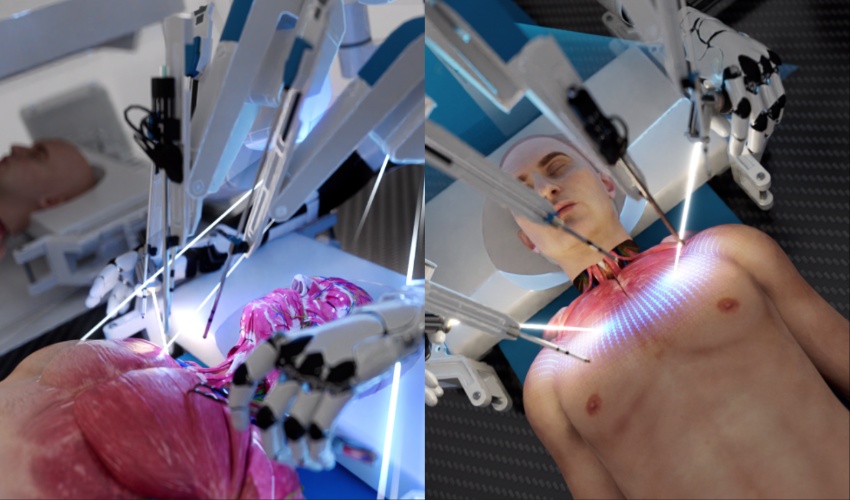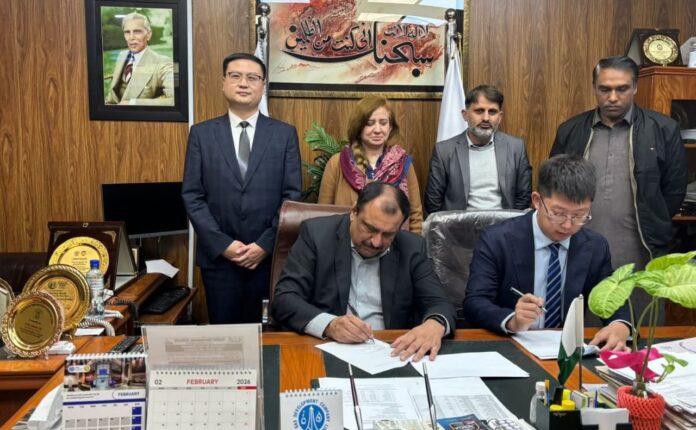Neuroscience and biomedical engineering startup BrainBridge has announced its ambitious goal to develop the world’s first transplant system.
A secretive company has announced that it has combined advanced robotics and artificial intelligence to carry out head and face transplant procedures, reminiscent of science fiction but now closer to reality.
BrainBridge’s pioneering technology aims to offer new hope to patients suffering from stage 4 dementia and incurable neurodegenerative diseases such as Alzheimer’s and Parkinson’s. The procedure involves transplanting the patient’s head into a healthy, brain-dead donor body in order to maintain consciousness, memories and cognitive abilities.
The company plans to use a high-speed robotic system to prevent damage to brain cells and ensure seamless compatibility between the transplanted head and the donor body. True molecular level imaging and advanced AI algorithms will guide the precise integration of the spine, nerves and blood vessels.
The BrainBridge integrated robotic platform includes two autonomous surgical robots designed to perform simultaneous operations on two bodies in one setting. The company’s proprietary chemical glue, polyethylene glycol, will help reattach broken neurons. In addition, a special implant placed in the epidural space of the spine will help with nerve repair and allow the patient’s brain to form new neural connections with the body. The BCI-equipped BrainBridge Headband will allow patients to communicate their needs during recovery.
Scientific foundations and future plans
“Each step of the BrainBridge concept has been carefully thought out based on extensive scientific research,” said BrainBridge Project Manager Hashem Al-Ghaili. “Our goal is to push the boundaries of medical science and provide innovative solutions for life-threatening patients.”
Coming out of secrecy, BrainBridge aims to attract top talent in science and engineering to meet the challenges ahead and bring this life-changing technology to patients. The company is now focused on refining its startup concept through a comprehensive feasibility study using AI-Powered simulation models. These simulations will aid in the surgical process, predict outcomes, and optimize patient recovery protocols.
Al-Ghaili said the roadmap for the first operation could be implemented in eight years if the feasibility study shows promising results and a team has been assembled.







